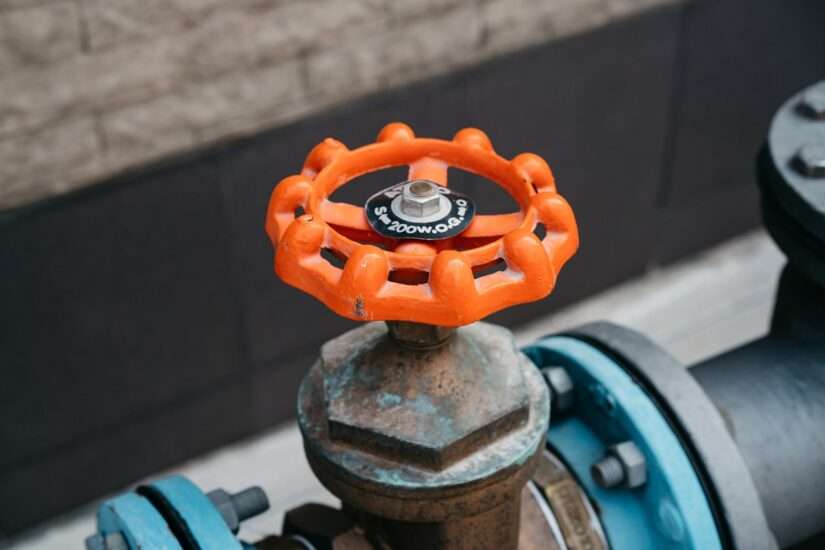
European Union foreign policy chief Kaja Kallas has accused Russia of weaponizing energy supplies and intensifying a "hybrid war" in Moldova, as the breakaway Transnistria region faces a deepening gas crisis.
"Russia continues to use gas as a weapon and once again Moldova is a target of its hybrid warfare," Kallas said late Tuesday on social media platform X. She affirmed the EU’s "unwavering solidarity with Moldova" in a call with Prime Minister Dorin Recean, emphasizing the country's resilience due to EU support.
Since January 1, Transnistria, a self-proclaimed republic bordering Ukraine, has been without Russian gas after Gazprom halted supplies. The energy cutoff stemmed from a financial dispute between Moscow and Moldova's government in Chisinau, exacerbating tensions in the already volatile region.
The crisis has left residents of Transnistria without heating or hot water amid freezing temperatures, forcing many to burn wood or use electric heaters. The halt has also disrupted the region's industrial sector, leading to widespread shutdowns.
Transnistria, which has been under de facto control of pro-Russian forces since the fall of the Soviet Union, is internationally recognized as part of Moldova. The region’s reliance on Russian gas has left it particularly vulnerable, especially as a major gas transit agreement between Moscow and Kyiv ended on the same day Gazprom cut supplies.
While Russian gas deliveries via Ukraine would have been cut off regardless of the transit deal’s expiration, Moldova noted that Gazprom could still provide gas through an alternative pipeline system running from the Black Sea through Turkey and the Balkans. However, that option has not been pursued.
Elsewhere in Moldova, the government has managed to avoid a similar energy crisis by securing electricity imports from neighboring Romania, thanks in part to EU-backed infrastructure connections.
Kallas highlighted these efforts, stating, "Thanks to EU support, Moldova remains resilient and well-connected to European energy networks."